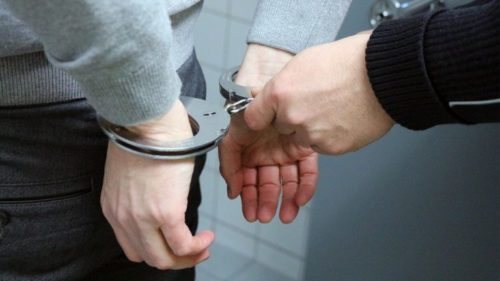
Many New Jersey laws have been enforced to curb the rate of organized criminal activity that occurs within the state’s borders. Such criminal activity may be otherwise known as racketeering. Continue reading to learn the potential penalties of racketeering and how one of the experienced New Jersey & Pennsylvania criminal defense lawyers at The Vigilante Law Firm, P.C. can come to your aid.
By definition, what is racketeering?
First of all, you must understand that racketeering is not considered to be an isolated crime. Rather, it is better known as a “pattern” of criminal activity. Further, a pattern typically means that such crime was committed for a similar purpose, with a similar result, and by similar participants. What’s more, multiple crimes within a 10-year timeframe may be considered a pattern.
In a similar sense, this unlawful activity is usually not conducted by an individual. Instead, it is orchestrated by a group of individuals that functions together as a partnership, corporation, business, or otherwise enterprise. With all that being said, examples of what may constitute racketeering are as follows:
- An entity may have displayed a pattern of violent crimes (i.e., robbery) within a 10-year period.
- An entity may have displayed a pattern of theft-related crimes (i.e., fraud) within a 10-year period.
- An entity may have displayed a pattern of drug-related crimes (i.e., illegal drug trafficking) within a 10-year period.
What are the consequences of racketeering in the state of New Jersey?
The potential penalties you may face for racketeering are dependent on whether the illegal activity was a pattern of violent crimes, along with whether firearms were in use. This is because crimes of violence or crimes with the use of firearms are charged as first-degree offenses, while all other crimes are charged as second-degree offenses. The possible consequences for each offense are as follows:
- A first-degree offense in the state of New Jersey:
- A fine of up to $200,000.
- A prison sentence of anywhere between 10 to 20 years.
- A forfeiture of any money or property obtained as a result of the illegal activity.
- A forfeiture of any securities obtained or used to conduct the illegal activity.
- A second-degree offense in the state of New Jersey:
- A fine of up to $150,000.
- A prison sentence of anywhere between five to 10 years.
- A forfeiture of any money or property obtained as a result of the illegal activity.
- A forfeiture of any securities obtained or used to conduct the illegal activity.
The aforementioned criminal penalties may be enforced alongside a host of civil remedies. So, you must not hesitate and reach out to a skilled New Jersey criminal defense lawyer as soon as you possibly can. Our team at The Vigilante Law Firm, P.C. will be awaiting your phone call.


